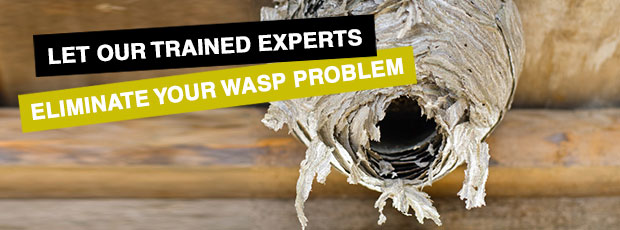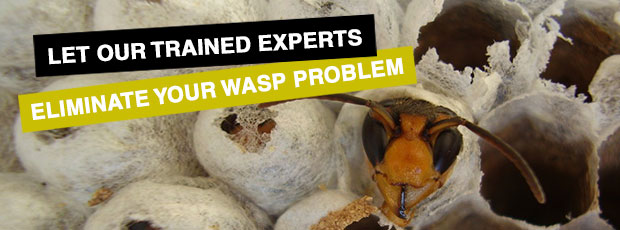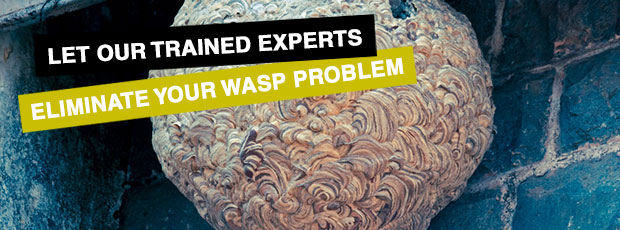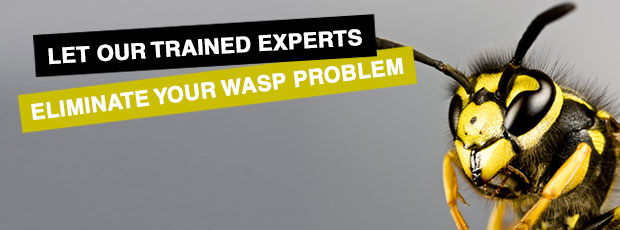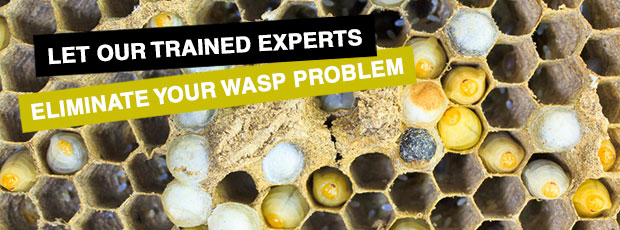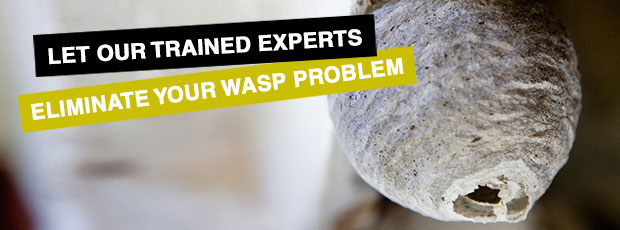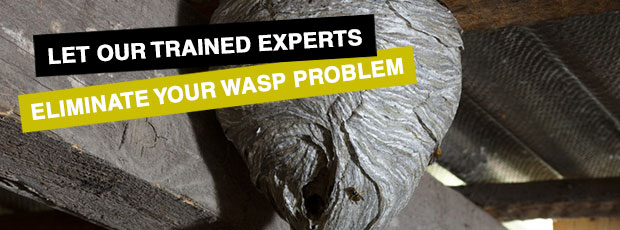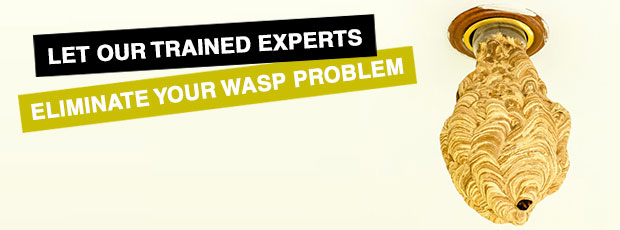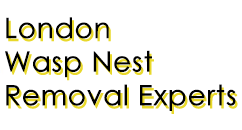London Wasp Control Helpline:
0203 026 1231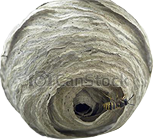
0203 026 1231
 Frequently Asked Wasp Control / Wasp Nest Removal Questions & Answers
Frequently Asked Wasp Control / Wasp Nest Removal Questions & Answers
Below you will find some of the most common questions we are asked regularly by customers who suspect they might have a wasp nest nearby and require wasp control services.
How can I tell the difference between wasps, bees and hornets?
While wasps share similar features and colouration with bees and hornets, there are a number of differences that make the quite identifiable. Bees are typically furrier than hornets, and will often be slower, clumsier fliers, while hornets are typically less furry and far more agile in the air. Hornets will generally be considerably larger than wasps, and while wasps are usually entirely black and yellow, most hornets will heave reddish-brown areas on their head and upper body.
 How many wasps constitutes and infestation?
How many wasps constitutes and infestation?
There are no hard and fast rules on how many wasps it takes for their presence to be considered an infestation, but a single hive, whether or not its population is particularly large, is generally considered enough to constitute a serious wasp presence. A lone nest, while it will start out small, can grow large enough to produce over 200 new wasps a day, reaching populations that can be in the tens of thousands, so it is generally best to treat a wasp presence as an infestation from the day you discover your nest.
What are the signs of a wasp infestation?
You may not ever see the wasp hive itself until our technicians treat it for you, but once an infestation has established itself on your property they can make themselves quite noticeable. If you are seeing large numbers trying to get out of your property and bumping into windows, if you see numerous wasps in your garden or are harassed by them there, or if you see wasps swarming in large numbers around exposed food or garbage nearby then these can all be signs that there is an infestation in the area.
Can I remove a wasp infestation myself?
Removing a wasp nest yourself is never recommended, due to the significant dangers that the insects pose, as well as the difficulty of the removal itself. Few, if any, commercially-available products are powerful enough to kill off a whole wasp nest, and more often than not an amateur will only succeed in enraging the hive rather than exterminating its occupants.
We have also seen customers set fire to themselves or their properties trying to burn nests out, or customers who have made improvised protective gear out of cardboard and sellotape, and they have all ended up having to seek professional help.
How long after a treatment is it safe to approach a nest?
Now insecticides are capable of instantly killing a wasp, let alone an entire nest, and so our technicians will always recommend that you leave a treated hive alone to allow the wasps inside to die from the poison and any wasps outside to die of exposure. This can take as long as 48 hours in some cases, although typically the wasp population will die off almost entirely during the night after our treatment. Either way, it is better to leave a wasp nest for a long time than attempt to remove it too soon, as it can't do any harm after it has been treated and thus is not an immediate issue.
Is it possible to prevent wasps entering my property?
Unfortunately, preventing a wasp infestation is next to impossible, as the insects are too small to completely prevent from entering your property, and there aren't a set number of factors that draw wasps to a property in the first place as there are with other insects. While covering up crevices and entryways into your home or attic can reduce the chances of a nest forming inside your property itself, there is no real way to stop an infestation forming on your property's exterior or in its immediate vicinity.
Will wasps re-use a nest from a previous season if it is left?
Wasps will never enter and use an old, dormant nest from last season, even if they do begin their infestation nearby, and every queen will build a new nest to start her hive in. However, if you have left a nest untreated throughout the summer and allowed it to reach the end of its life-cycle, there is a chance that the queens it has produced will hibernate on your property and build their new nests close to the old one that they were born in.
Where am I most likely to find a wasp nest?
Wasps, like hornets and bees, are capable of building their hives almost anywhere, although there are a number of places where their hives are particularly common. Elevated areas are common, including guttering, lofts, tree branches, and fascia and soffit boards on your roof. However, they can often end up in unexpected areas, especially ones that might not be frequently visited, and we have found them in light fittings, vehicles, sheds, empty boxes and all manner of other places.
What should I do if I am stung and have a reaction?
If you know you have a history of bad reactions to wasp stings, the best step is often to call a doctor, or if you already carry an epi-pen then that is the best first resort. If you are stung and the sting causes unusually extensive swelling, or if you feel that your throat is swelling or closing up it is best to call to get medical help quickly, especially if you are having trouble breathing.
When are wasp infestations most common?
Wasp infestations will generally begin at around spring time, when queen wasps begin to emerge from their nests, but most of them are only noticed by summer, when the hives have begun to reach full size and their behaviour has turned more aggressive. By the winter, the nests will have all died off, leaving a number of queens in hibernation ready for next season. If there is an early spring followed by a resurgence of cold or frost, it may lead queens to leave hibernation too early and for their new nests to be destroyed by the cold, so in those years wasp infestations will generally be smaller.
